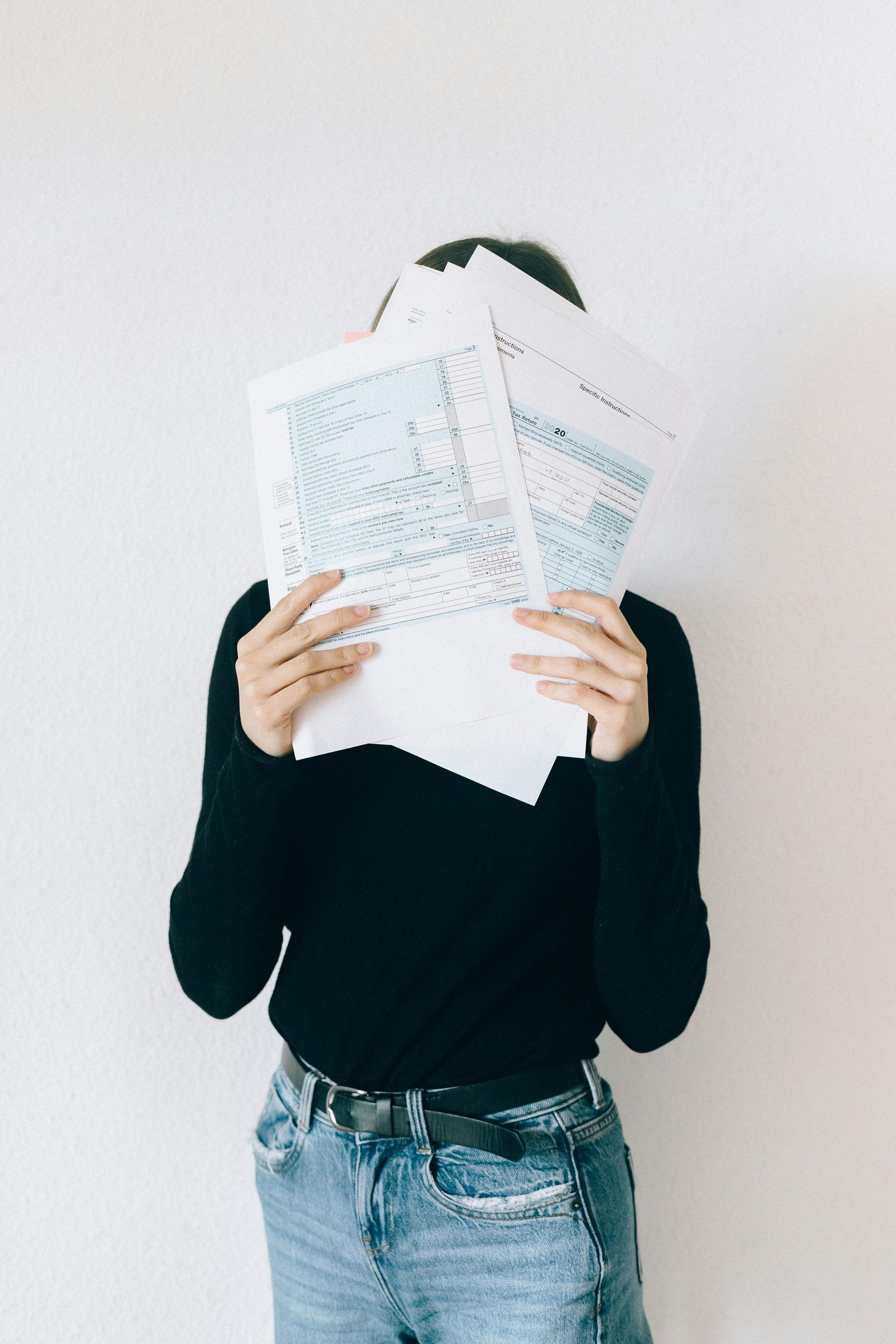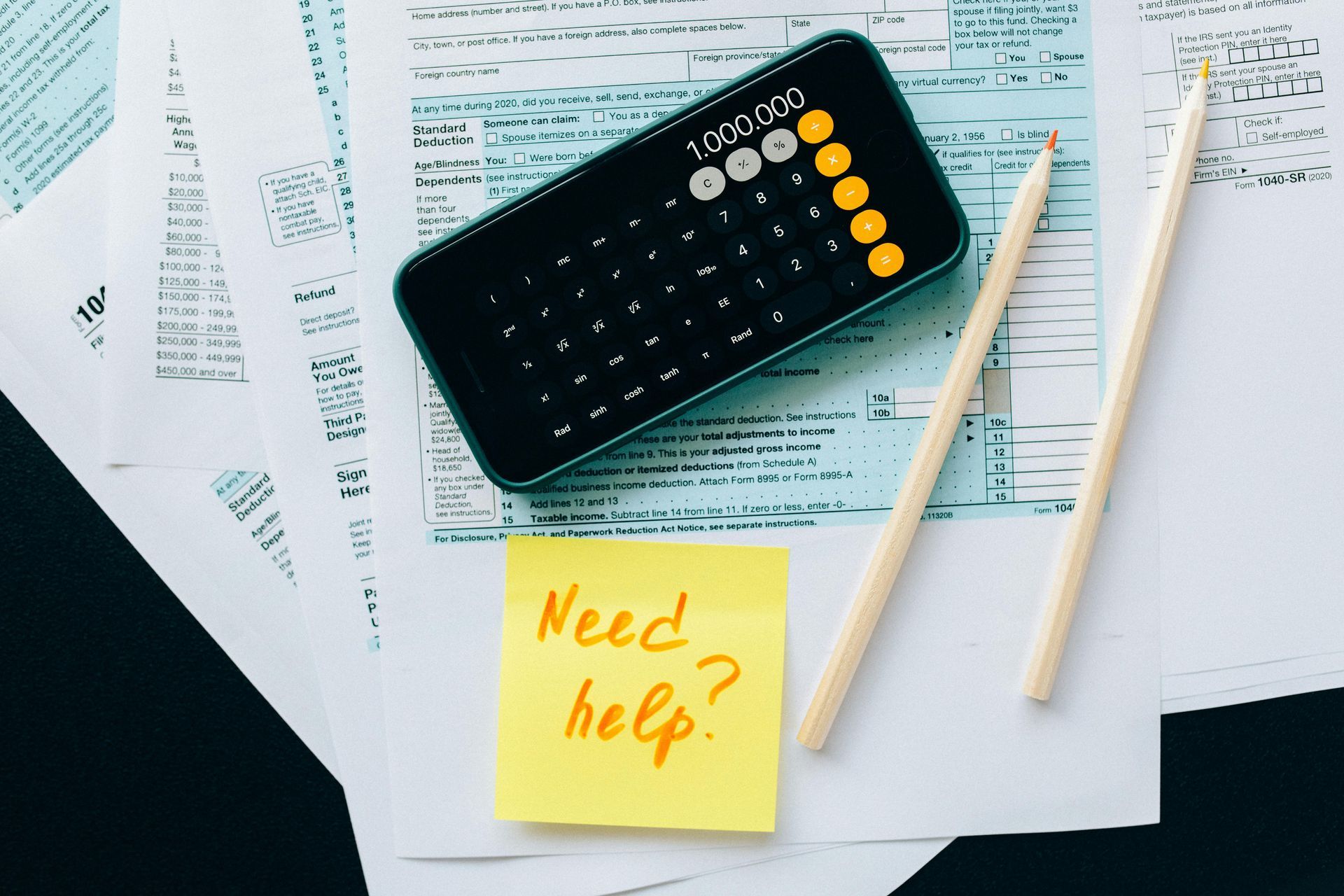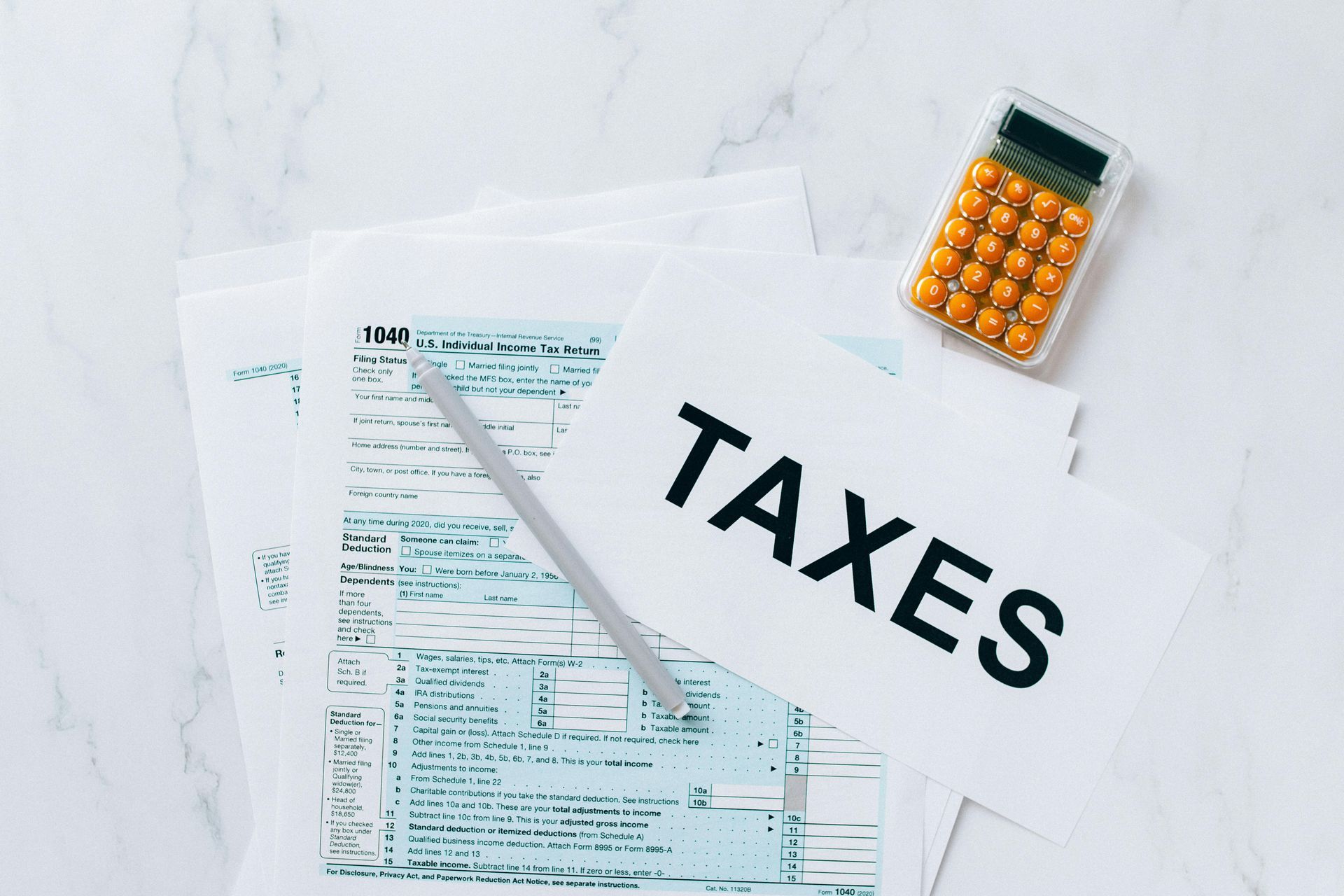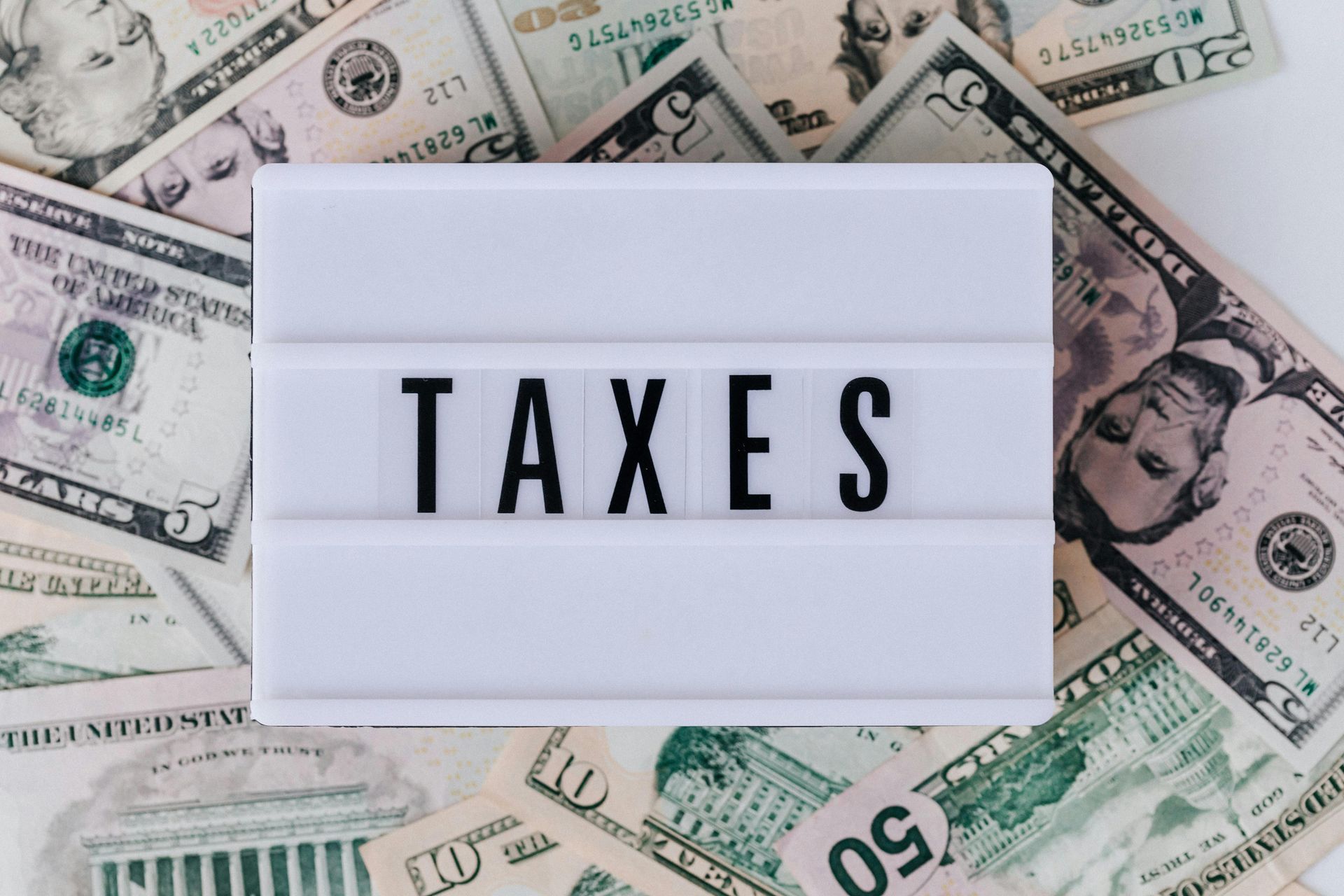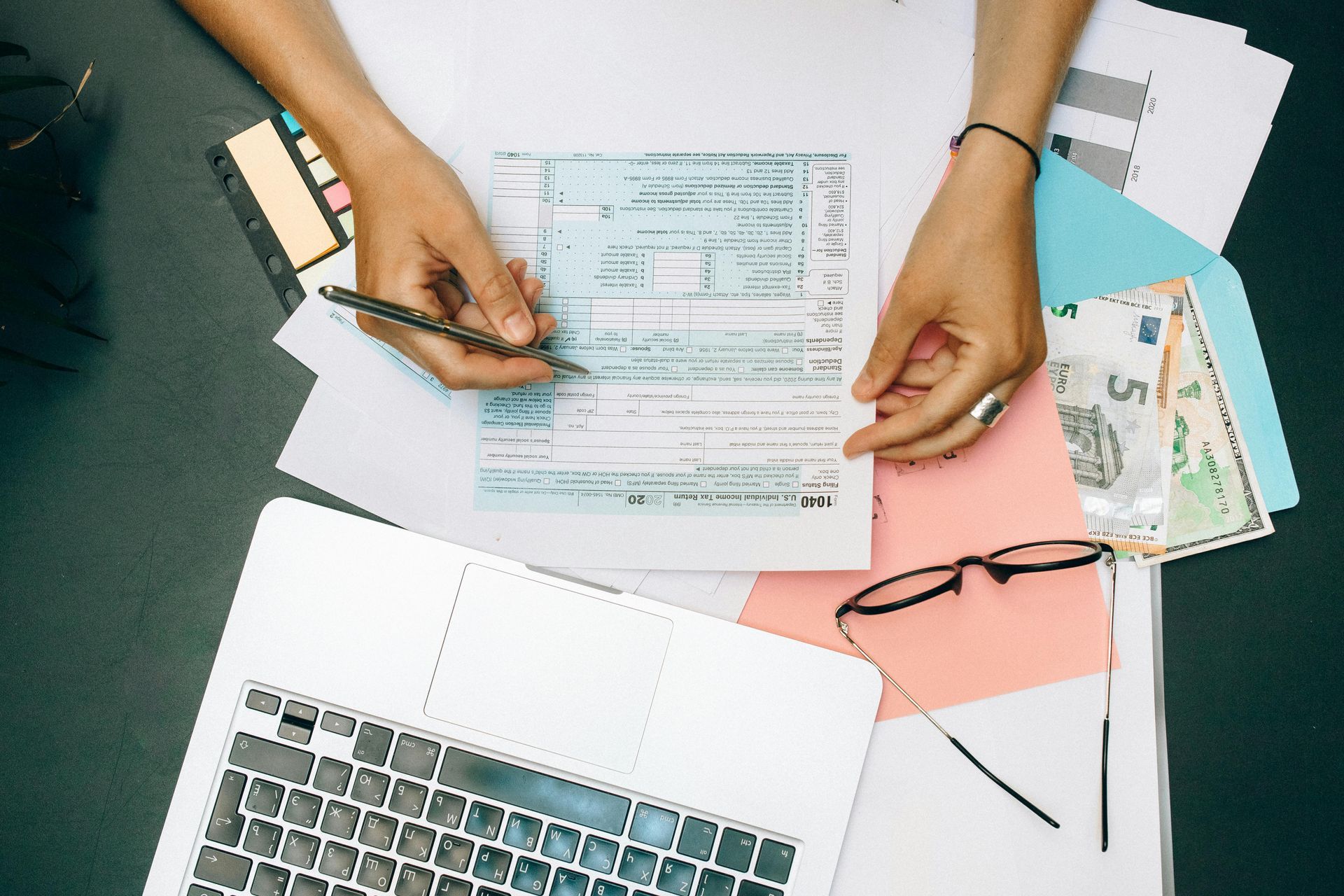Business Audit: A Problem…and a Possibility!
A man who ran his own business came to me in a panic after the IRS notified him of an audit. The IRS said he owed many thousands of dollars. Not only that, my client told me frankly that his records were a mess. I told him to gather everything he could: bank statements, credit card statements, and receipts. Eager to cooperate, he was nevertheless soon overwhelmed by the amount of paper he had to track down.
Although he was able to gather together business receipts, he hadn’t noted what the occasion had been or why the expense had been (in IRS-speak) “ordinary and necessary.” Of course, unexplained expenses are just the kind of thing an auditor won’t tolerate–if you can’t prove what they were for, you don’t get to deduct them. However, I did have some good news to tell my client: simply by ordering his records and itemizing his deductions, I said, we would probably be able to reduce what he owed. And that’s exactly what happened.
After the audit interview, during which I met with the auditor alone and showed her my client’s (now) well-ordered records, the IRS returned with an amount due that was well below what my client had anticipated. My client was very satisfied with the outcome and I was able to call it a successful resolution.
The longer point of this story, however, is that an audit is good for you and your business. As I told my client, one day you’ll see this as the best thing that’s happened to you–I know because I see it with every small business client who gets audited. After going through an audit, business owners know what they should focus on to bring health to their business. They see statements of expenses and can start to understand where they can cut their spending and where they can invest so that their business makes more money.
Finally, keeping good records will help ensure you pay the right amount of taxes. You can’t trust everything to others–bookkeepers and accountants don’t know your business like you do. Simply collecting all your paperwork and keeping it in order will save you enormous time and effort in the end. Just ask my former client. His audit was stressful but it also made him reckon with his former bookkeeping methods–and he’s a better businessman for it.
Facing an audit? Let’s embrace it together! Contact me now for a consultation.
How to Prepare for an Audit
The most common reasons a small business is audited are for large cash amounts of income (in other words undocumented income), unsupported deductions, or discrepancies in financial reporting. It may feel painful and frightening to be notified of an audit, but in reality it’s a good thing for you and your business.
To prepare for your audit, collect and put in dated order the following records with a summary of the transaction:
- Bank and credit card statements
- Canceled checks or other income records
- Business expense receipts with explanations attached as to why the expense is justified. (If no receipt available, then a diary documenting the expense may work)
- Mileage records
- Records of usage for cell phones, computers, or cars that are personal property and used for your business.
- Travel and entertainment records justifying why the expense was for business purposes.
You don’t want to be present at an audit because you’re bound to reveal things that may be used against you. The auditors are accustomed to intimidating people who self-represent. More about that in my next blog!
I love talking to the IRS on your behalf! Contact me now for a consultation.
Please complete the form below and we'll set up an appointment for you.




